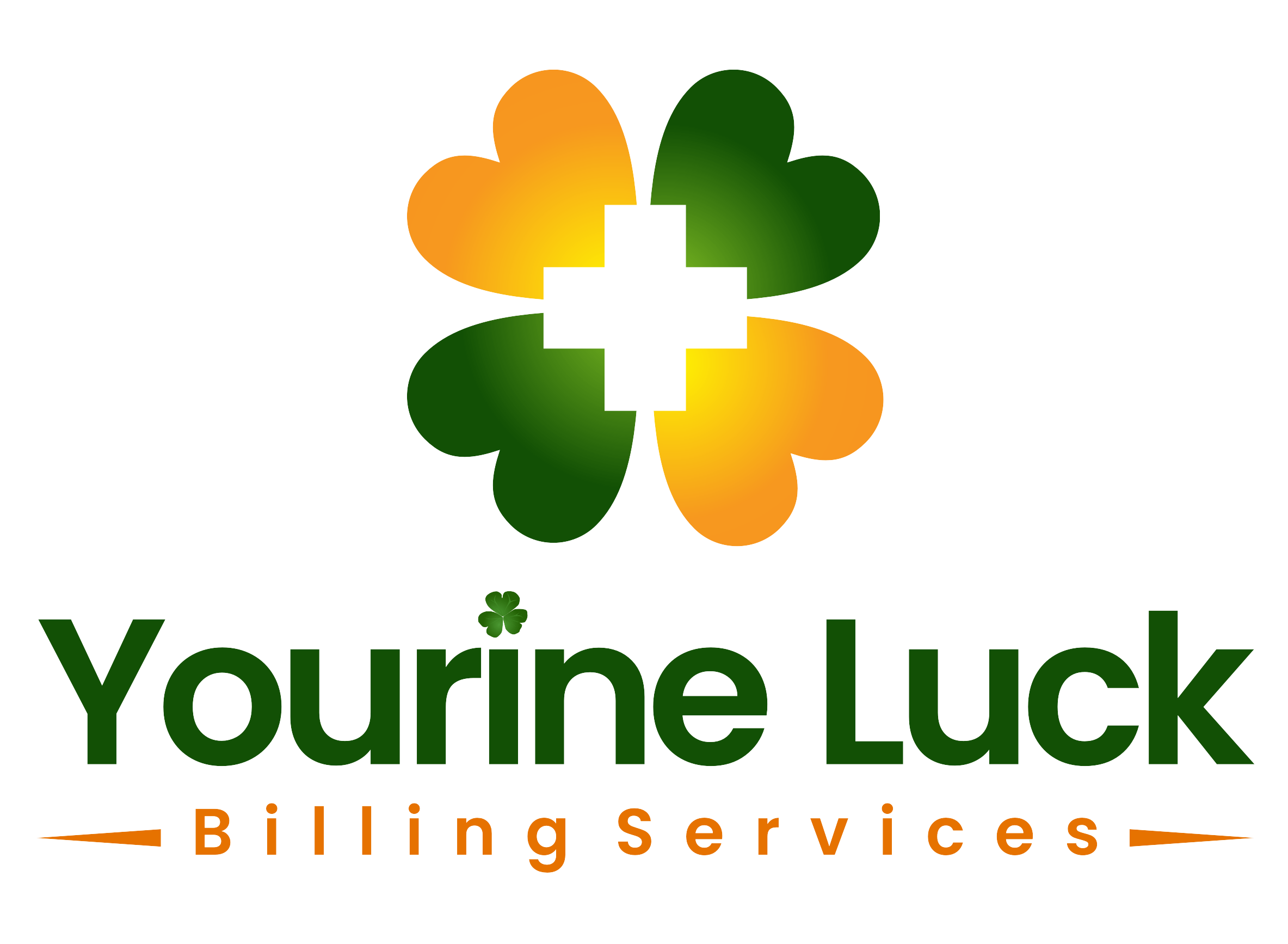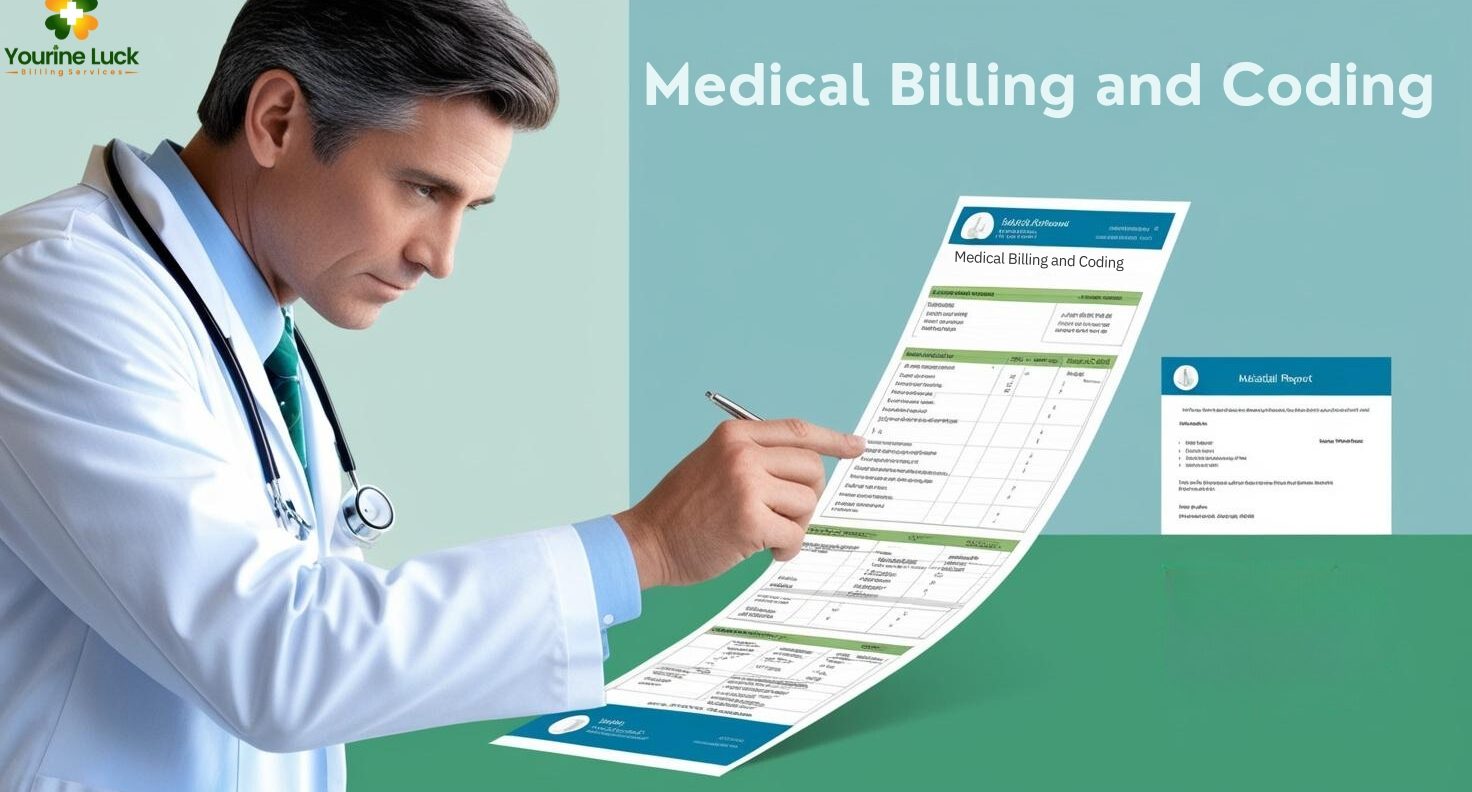Medical billing and coding are vital components of the healthcare system, ensuring that healthcare providers are reimbursed for their services while maintaining accurate patient records. These processes not only help improve the financial stability of healthcare organizations but also streamline administrative tasks. In this blog, we’ll dive into the key aspects of medical billing and coding, including the process steps, challenges faced, compliance regulations, career opportunities, and the advantages of outsourcing these functions.
For more detailed insights and services, visit YIL Billing, your trusted partner for efficient medical billing solutions.
Introduction to Medical Billing
Medical billing is the process of submitting insurance claims for the services provided by healthcare professionals. It ensures healthcare providers get paid accurately and promptly. Medical billers act as intermediaries between healthcare providers, patients, and insurance companies, handling the entire billing process to ensure that claims are submitted, processed, and paid.
Steps in the Medical Billing Process
The medical billing process involves several critical steps that must be executed correctly to ensure that healthcare providers are reimbursed for their services:
- Patient Registration: Collecting patient and insurance details before the healthcare service is provided.
- Charge Capture: Documenting the services and procedures that were performed during the patient’s visit.
- Coding: Assigning accurate ICD (International Classification of Diseases), CPT (Current Procedural Terminology), and HCPCS (Healthcare Common Procedure Coding System) codes to the services provided.
- Claim Submission: Sending the claim to the insurance company or payer with all necessary documentation.
- Follow-Up: Checking on the status of the claim to ensure timely payment or resolve any denials.
- Payment Posting: Posting insurance payments to the patient’s account and adjusting balances as necessary.
- Patient Billing: Sending the patient any remaining balance after insurance payments are applied.
Common Challenges in Medical Billing
Medical billing comes with several challenges that can affect the revenue cycle if not managed properly:
- Claim Denials: Insurance companies may deny claims due to errors in patient information or coding, delaying payments.
- Incorrect Coding: Coding mistakes can lead to claim rejections or improper reimbursement.
- Billing Fraud: Fraudulent billing practices can result in significant financial and legal consequences.
- Regulatory Compliance: Keeping up with frequent changes in healthcare regulations such as HIPAA and ACA can be challenging for medical billers.
Medical Billing Compliance and Regulations
Medical billing is heavily regulated to ensure accuracy and protect patient information. HIPAA (Health Insurance Portability and Accountability Act) sets the standards for protecting sensitive patient data, while other regulations ensure that billing practices are ethical and consistent. Staying compliant is crucial for preventing fines and penalties.
Medical Billing Software and Tools
Efficient medical billing requires specialized software that can automate many tasks, such as claim submission, payment tracking, and compliance monitoring. Some of the best medical billing tools and software solutions include Kareo, AdvancedMD, and Quelin Billing. These platforms offer features like real-time claim submission, reporting, and patient management, streamlining the entire billing process.
Introduction to Medical Coding
Medical coding plays an equally important role in the healthcare revenue cycle, translating healthcare services, diagnoses, and procedures into universally accepted codes. These codes are essential for processing insurance claims, reporting, and statistical analysis. Accurate medical coding ensures that healthcare providers are reimbursed for their services.
Difference Between ICD, CPT, and HCPCS Codes
Understanding the types of codes used in medical coding is essential for accurate billing and coding:
- ICD Codes (International Classification of Diseases): Used to describe diagnoses, illnesses, and health conditions.
- CPT Codes (Current Procedural Terminology): Represent medical procedures, services, and treatments provided by healthcare professionals.
- HCPCS Codes (Healthcare Common Procedure Coding System): Used for medical supplies, equipment, and other non-physician services that are not included in the CPT system.
Medical Coding Guidelines and Standards
Medical coders must adhere to strict coding guidelines to ensure the accuracy of claims. The primary coding systems include ICD, CPT, and HCPCS. Coders must stay up-to-date with the latest changes to these codes, as even small errors can lead to claim rejections or underpayment.
Certified Professional Coder (CPC) Certification
Obtaining a Certified Professional Coder (CPC) certification through organizations like the AAPC (American Academy of Professional Coders) is essential for coders looking to advance their careers. A CPC certification demonstrates proficiency in medical coding and adherence to industry standards, which is highly valued by employers in the healthcare industry.
Medical Coding Career Opportunities
With the increasing demand for healthcare services, medical coding offers numerous career opportunities. Coders can work in various settings, including:
- Hospitals
- Private Practices
- Insurance Companies
- Government Agencies
- Health Information Management Firms
Medical coding offers a stable career with opportunities for advancement, especially for those who earn specialized certifications.
Roles and Responsibilities in Medical Billing and Coding
Both medical billers and coders play distinct yet complementary roles:
- Medical Billers: Responsible for submitting claims, following up on denied claims, posting payments, and sending bills to patients.
- Medical Coders: Assign appropriate codes to diagnoses, procedures, and services to ensure accurate billing.
- Coding Auditors: Review and audit medical codes for accuracy and compliance.
- Revenue Cycle Managers: Oversee the entire billing and coding process to optimize the revenue cycle.
How Medical Billing and Coding Work Together
Medical billing and coding are interdependent functions. Coders assign the correct codes to a patient’s diagnosis and treatment, and these codes are used by billers to submit claims to insurance companies. If the codes are incorrect, the claim may be denied or delayed, affecting the entire revenue cycle.
Key Differences Between Billing and Coding
While both billing and coding are integral parts of the revenue cycle, their responsibilities are distinct:
- Medical Billing: Focuses on financial transactions, submitting claims, following up on payments, and ensuring providers get paid.
- Medical Coding: Focuses on clinical accuracy, translating healthcare services and diagnoses into standardized codes for billing purposes.
Impact on Revenue Cycle Management
Both medical billing and coding play a crucial role in Revenue Cycle Management (RCM), a critical process that ensures healthcare providers are reimbursed for their services. An efficient RCM process relies on accurate coding and billing practices to reduce errors, increase reimbursements, and maintain financial health.
Training and Certification Requirements
To pursue a career in medical billing and coding, individuals typically need formal education and certification. Many professionals seek certification through organizations such as the AAPC or AHIMA (American Health Information Management Association). Certifications like CPC and Certified Coding Specialist (CCS) enhance employability and career growth in this field.
Why Outsourcing Medical Billing is Beneficial
Outsourcing medical billing offers a range of benefits for healthcare providers, particularly small to medium-sized practices. Here are some reasons why outsourcing medical billing is a smart choice:
- Cost Savings: Outsourcing reduces the need for in-house staff, technology, and infrastructure, cutting operational costs.
- Expertise: Medical billing service providers are specialists who stay updated on the latest billing regulations and compliance requirements.
- Efficiency: Outsourcing billing to experts ensures faster claim submissions, payment follow-up, and reduces the risk of errors.
For more efficient billing solutions, visit YIL Billing, offering professional billing services that help improve your practice’s cash flow.
Cost Implications of Outsourcing
Outsourcing medical billing may involve fees based on the volume of claims processed, but the overall savings in administrative costs and improved claim accuracy often outweigh the expenses. Many outsourcing providers offer scalable solutions based on the size and needs of the practice.
Choosing a Medical Billing Service Provider
When selecting a medical billing service provider, healthcare organizations should consider:
- Experience in healthcare billing and knowledge of the healthcare industry.
- Compliance with regulations like HIPAA and the Affordable Care Act (ACA).
- Technology and tools that ensure smooth billing operations and real-time reporting.
- Customer service and the provider’s ability to resolve issues promptly.
Impact on Healthcare Providers
Outsourcing medical billing can have a positive impact on healthcare providers by improving efficiency, reducing administrative burdens, and accelerating the reimbursement process. It also enables providers to focus on delivering quality patient care rather than dealing with complex billing issues.
Maintaining Data Security with Outsourced Billing
Data security is a top priority when outsourcing medical billing services. Providers must ensure that their outsourcing partner adheres to HIPAA compliance standards and implements robust security protocols to protect sensitive patient information.
Conclusion
Medical billing and coding are integral to the healthcare revenue cycle, ensuring that providers are reimbursed for their services and that patient data is accurately documented. By understanding the processes, challenges, and regulatory requirements involved in medical billing and coding, healthcare professionals can improve their operations and reduce errors. Outsourcing these functions to experienced providers like YIL Billing can help streamline the process, boost efficiency, and enhance financial outcomes.


